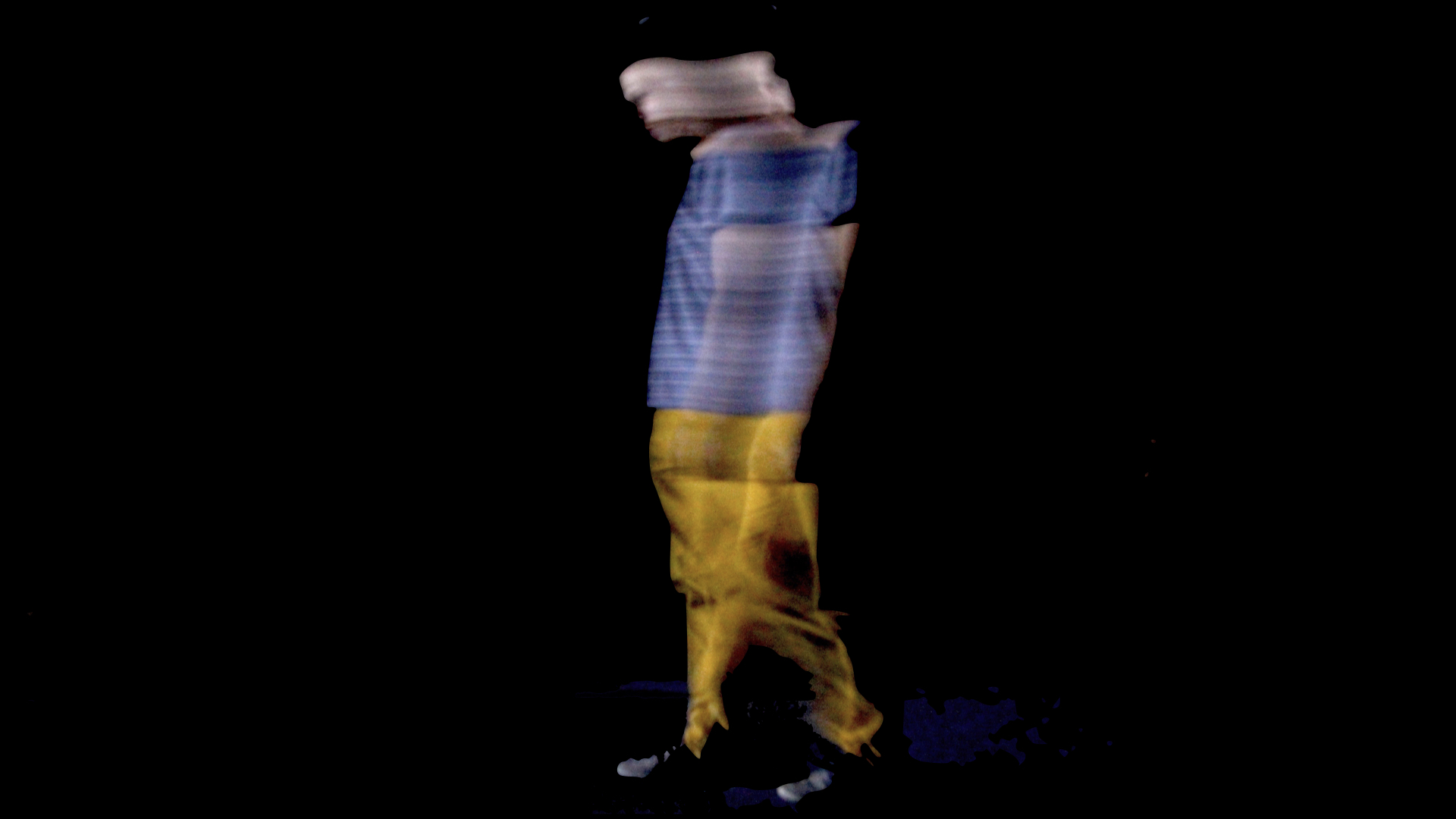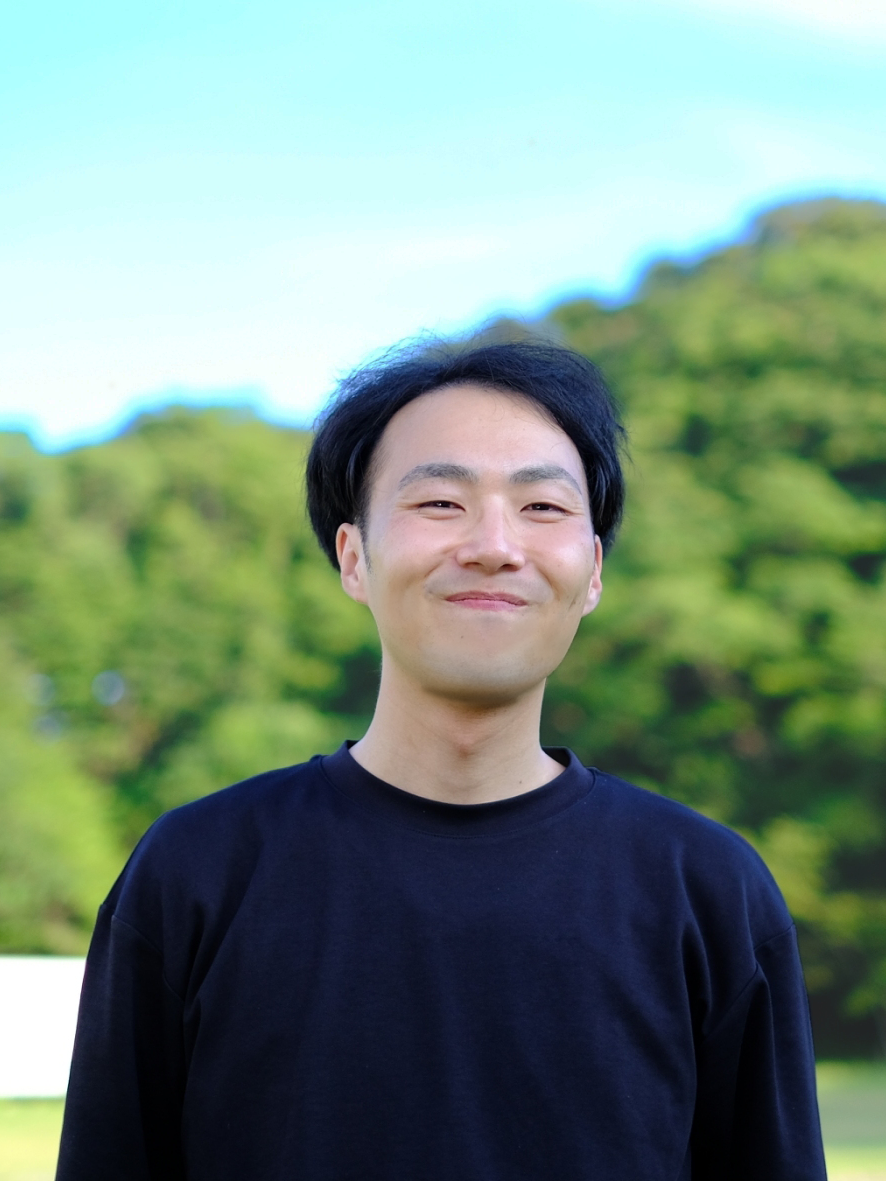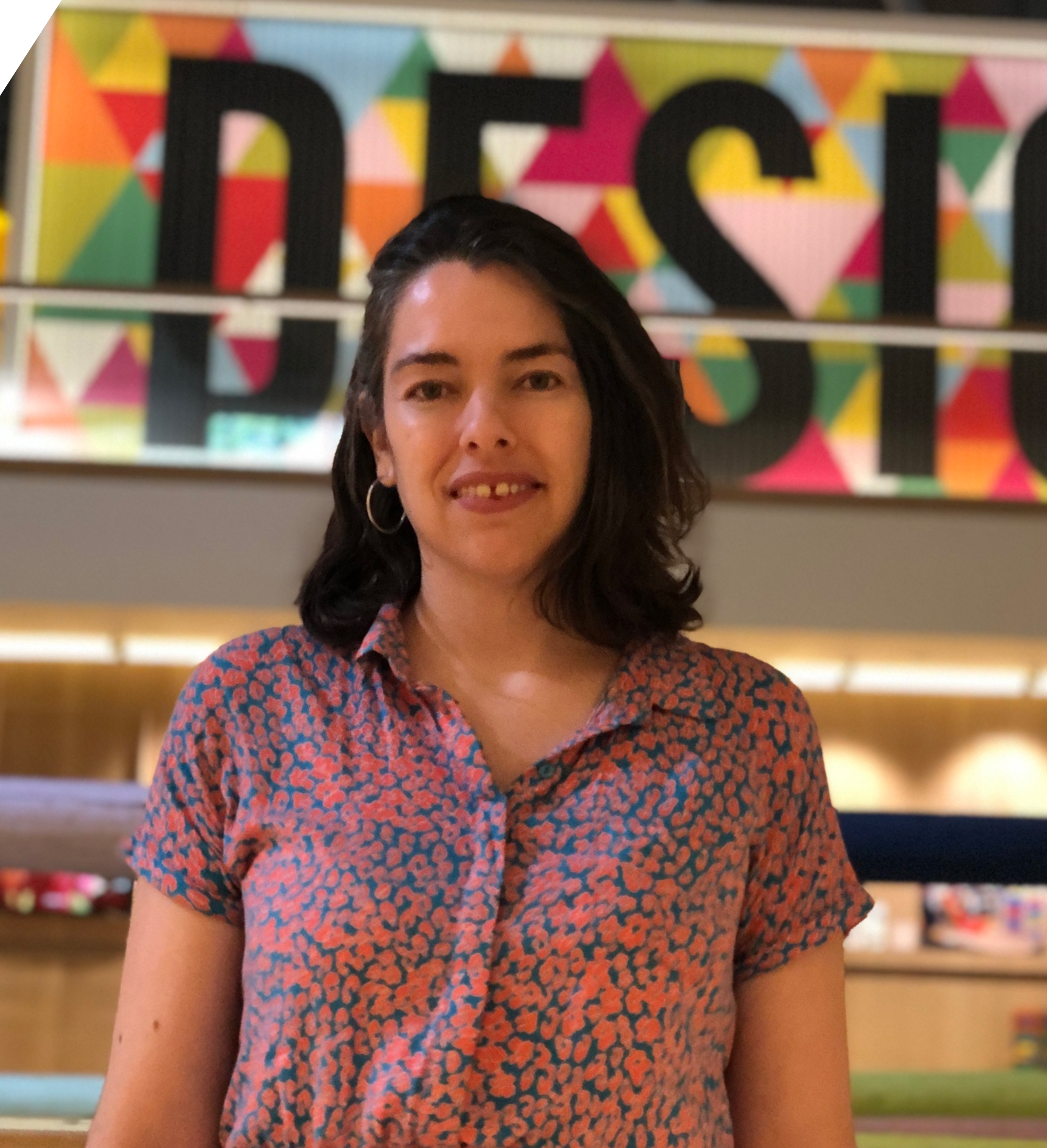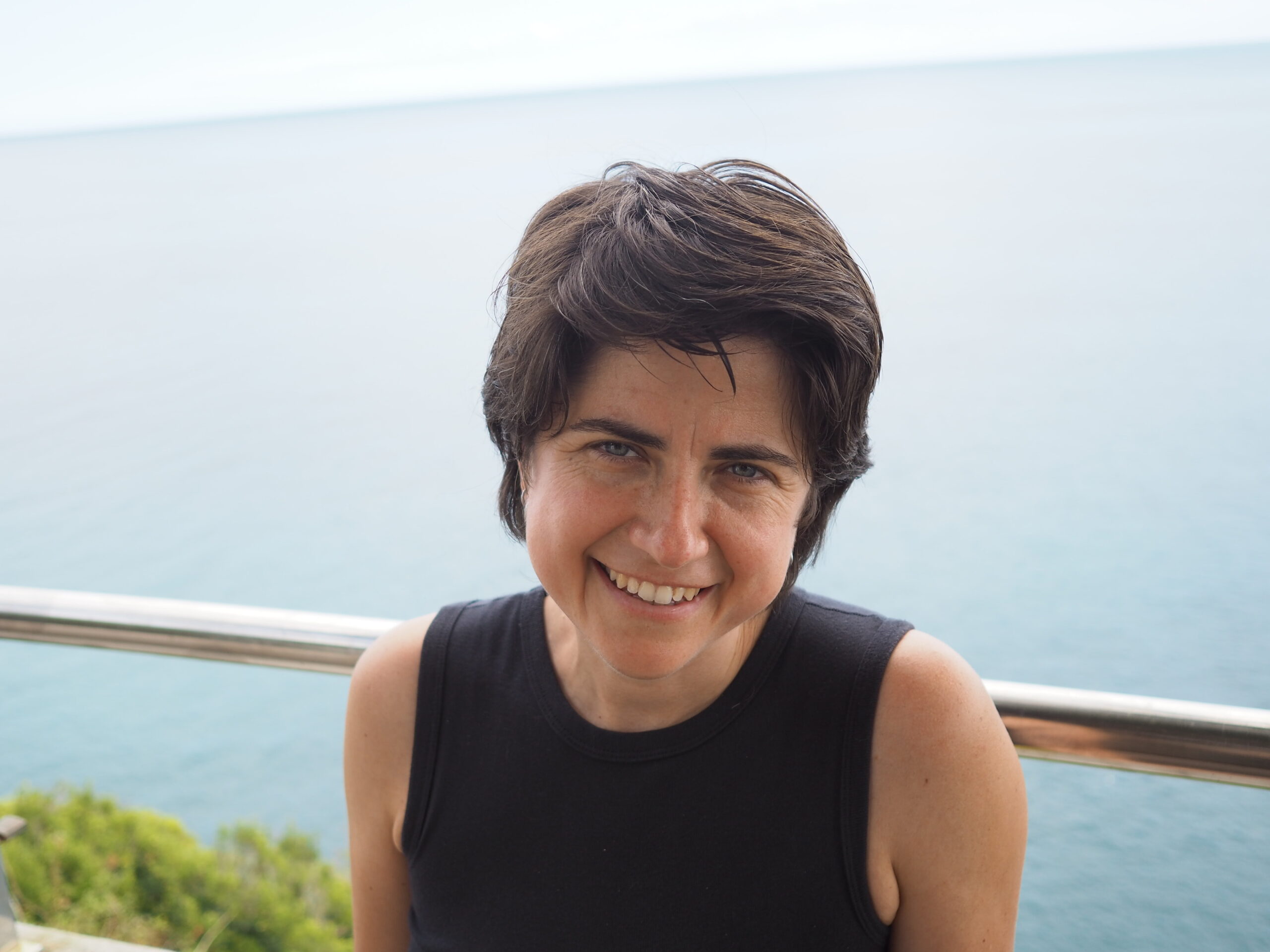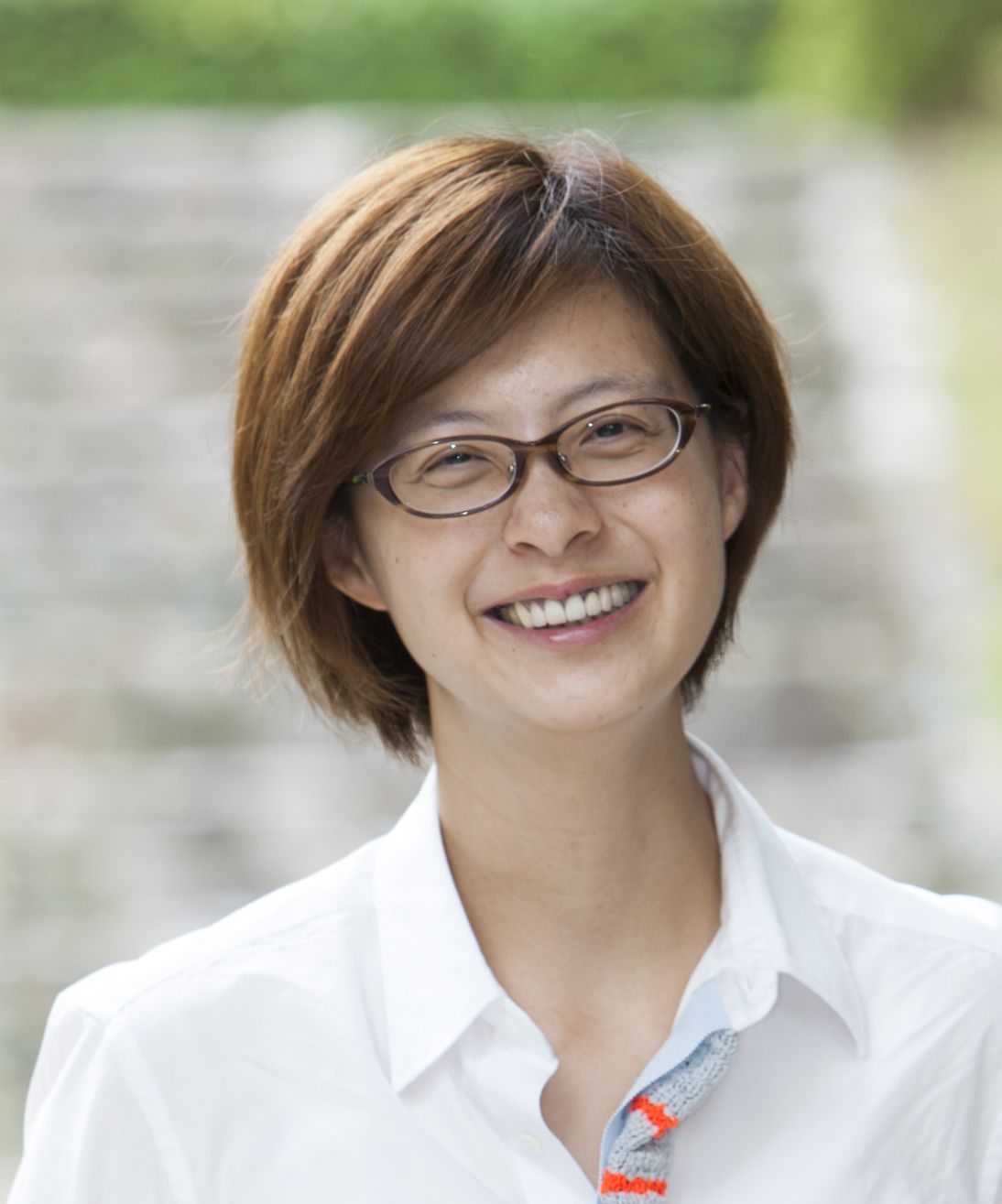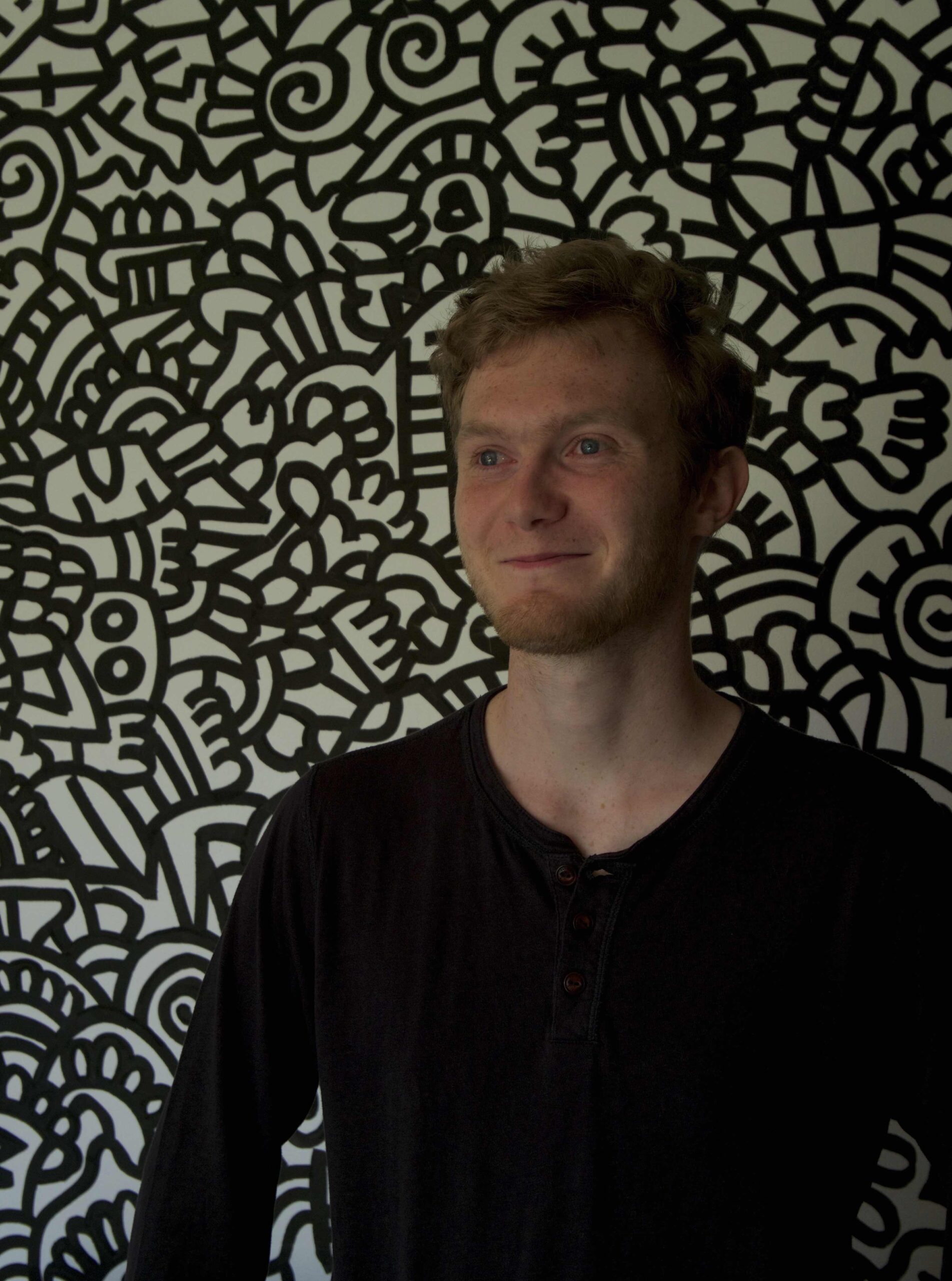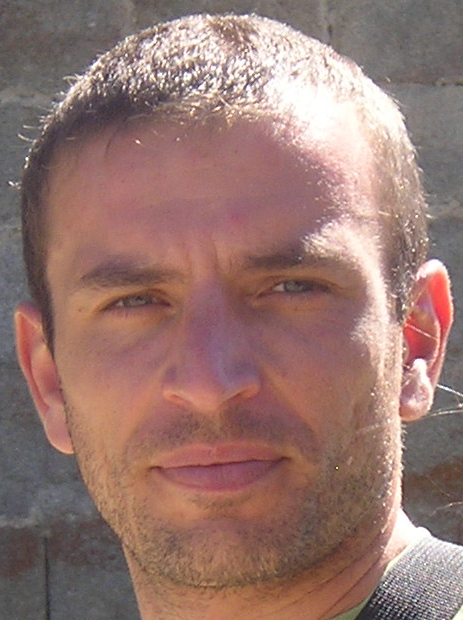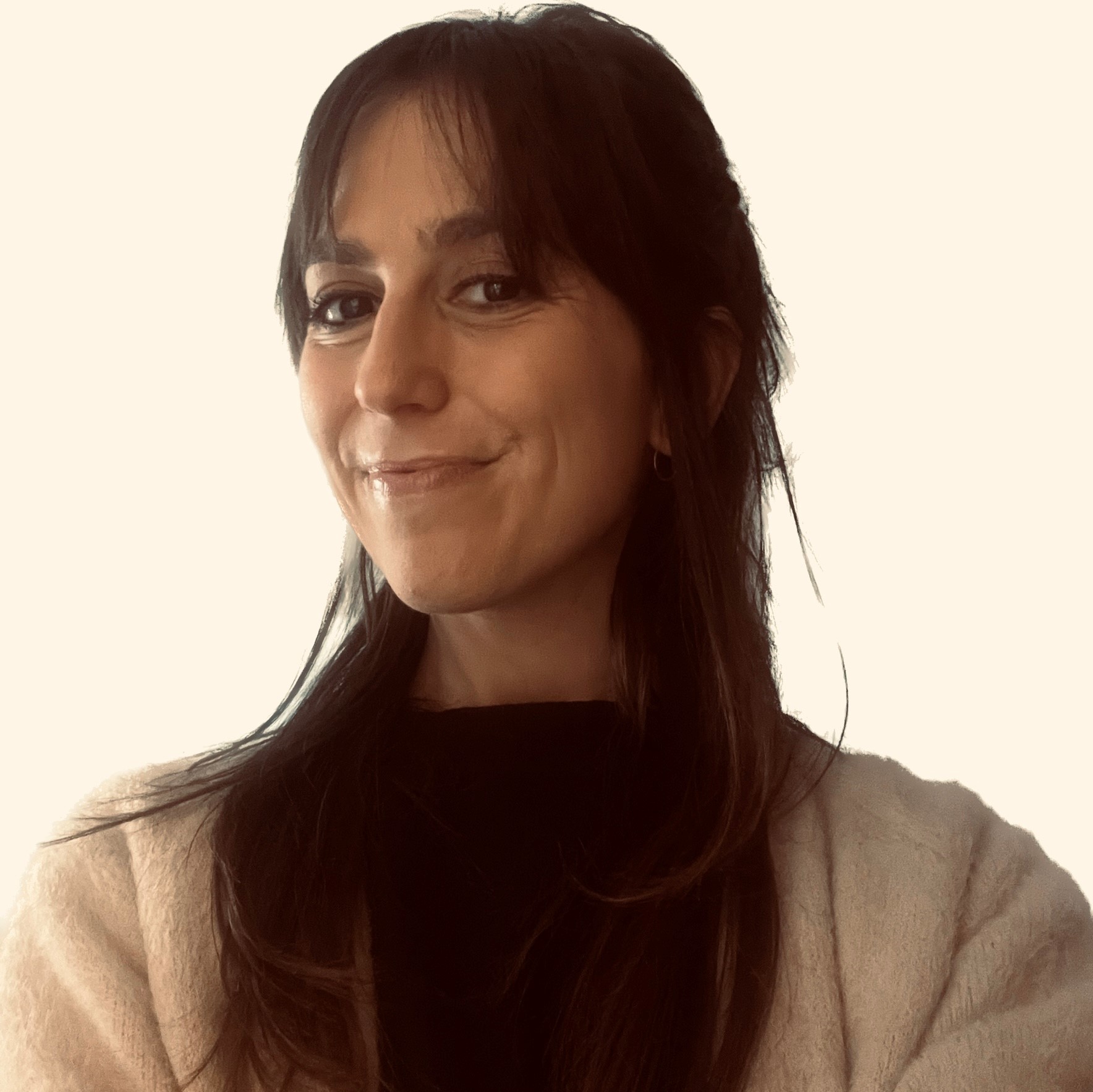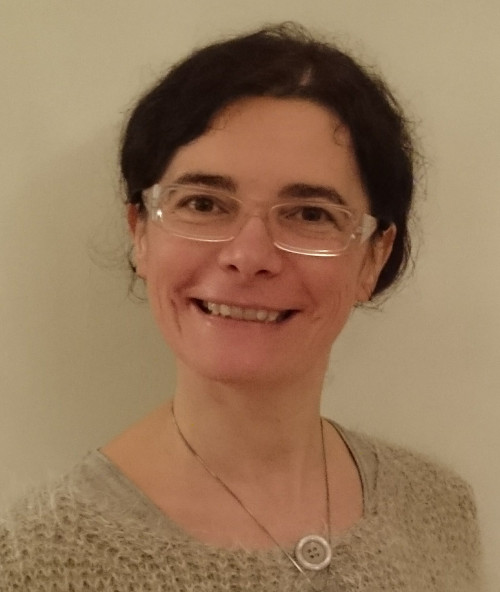 laalonso
laalonso
Both sides of the mirror, the self as other and the other as a self, Marte Roel Lesur Universidad Carlos III de Madrid
Date: 14/02/24, 15:00
Speaker: Marte Roel Lesur, Universidad Carlos III de Madrid
Title: Both sides of the mirror, the self as other and the other as a self
Abstract: In a medieval fable, the sun goes on a journey to find its source. The moon is left weeping without her lover’s warm gaze. The sun’s identity, devotedly offered in the mirror of moonlight, is sought elsewhere. Indeed mirrors, once among alchemists’ best guarded secrets, have carried powerful capacities since antiquity. One’s reflection is a window into how others perceive us: a rupture between ourselves as subject and object of experience. In this survey, mirrors become an allegory for the complexities of selfhood. From the lenses of psychology, neuroscience, art, and technology, the multisensory dimensions of the internal, the external, and the mutual, are delved into. From obsidian relics to dark magic algorithms capturing one’s essence to render immersive mirages, we will take a walk into the obscure space beyond our reflection.
Does voluntary auditory spatial attention exist in depth plane?, Kiichi Naka,Institute of Industrial Science, the University of Tokyo, Japan
Date: 29 January 2024
Speaker: Kiichi Naka,Institute of Industrial Science, the University of Tokyo, Japan
Title: Does voluntary auditory spatial attention exist in depth plane?
Abstract:
We hear our surroundings in everyday life. From the surroundings where various sounds are, we voluntarily control selective attention to sounds, that is endogenous auditory spatial attention, to achieve our current goals. Many researchers have reported nature of endogenous auditory spatial attention in a horizontal plane, however, there is little research focusing on a depth plane in endogenous auditory spatial attention.
In this seminar, I mainly discuss the existence of endogenous auditory spatial attention in the depth plane. I show an experimental result that indicates we can control auditory spatial attention in the depth plane. Moreover, the potential for the application of auditory spatial attention characteristics in the depth plane is mentioned.
Perception of extra body parts & body part weight. Denise Cadete, PhD student at the Body Representation Lab, Birkbeck University of London
Date: 22 November 2023
Speaker: Denise Cadete, PhD student at the Body Representation Lab, Birkbeck University of London
Title: Perception of extra body parts & body part weight
Abstract: In everyday life, we have a constant and reliable experience of our own bodies. However, the perception of our body can be instantly altered using multisensory illusions or Virtual Reality. This flexibility is not restricted to the human body configuration, with recent studies showing we can also feel extra body parts. In the first part of the presentation, I will present the six finger illusion and what our findings tell us about how supernumerary body parts are represented in the brain. We will make a case for the independence and flexibility of how we represent extra body parts, also aiming to determine what are its limits.
In the second part, I will introduce our studies looking into how we perceive the weight of body parts. Perception of object’s weight has been studied for over a century, however little is known about weight perception of body parts. A recent study of our lab showed that we systematically and dramatically underestimate hand weight by 49% (Ferrè et al., 2023), an effect we called weightedness, for how light we experience body parts, on Earth. We further investigated how perceived hand size changed felt hand weight, and in another study we looked at perceived hand volume. We will propose a model of constant density in the perception of body part weight.
The Gender Perspective in Tech Research, Lídia Arroyo Prieto, Gender and ICT Research Group, Universitat Oberta de Catalunya (UOC)
Date: 25 October 2023
Speaker: Lídia Arroyo Prieto, Gender and ICT Research Group, Universitat Oberta de Catalunya (UOC)
Title: The Gender Perspective in Tech Research
Abstract: The seminar have the goal to introduce the key issues on the incorporation of the gender perspective in tech research. It is also an invitation to the interdisciplinar dialogue between social science and technological and nature science.
Biography:
Lídia Arroyo is a researcher at Gender and ICT Research Group (Internet Interdisciplinary Institute- Open University of Catalonia) and she is also an Associate Professor at Autonomous University of Barcelona (UAB). She is the Principal Researcher of the project “Open Data Portal & Research on the incidence of occupational segregation on COVID-19 prevalence from a gender gender intersectional approach”. and she has coordinated the transnational study “Skills and Organizational Elements for Social Digital Inovation” from +RESILIENT project. She is also involved as a researcher in European projects on gender and science (GenPORT, ACT, EFFORTI). She has been a visiting research fellow at Área de Género, Sociedad y Políticas (FLACSO-Argentina) and the Fondation Travail-Univeristé (FTU-Namur)- Unversity of Namur (Belgium). Her researches, based on mixed methods, focus on gender, work and ICT and prevention of gender violence in young people. In 2011, she was awarded the Young Sociologist Prize from the Associació Catalana de Sociologia- Institut d’Estudis Catalans. Currently, she is the representative of data group of the Gender Equality Observatory (Generalitat de Catalunya). Community Manager of the following EU Projects GenPORT (https://twitter.com/GenderPORTal), ACT (https://twitter.com/ACTonGender) and CASPER (https://twitter.com/CasperGender).
Movement sonification for body perception
Date: 26 May 2023 at 2 pm
Speaker: María Concepción Valdez Gastelum, 2nd-year Ph.D. Student (CICESE, MX)
Title: Movement sonification for body perception
Abstract:
Recently the body of work in interactive sonification has made the compelling argument that understanding how to sonify the characteristics of movement is important and can alter one’s own perception (Knudsen et. al., 2017, Frid et. al., 2018). The characteristics of movements can be classified into two types according to their dynamics and qualities. Movement dynamics are the most commonly used characteristics and are related to the shape and trajectory of the movement, including examples like position, size, acceleration, and direction. In contrast, movement qualities refer to movement’s temporal and expressive aspects, including fluidity, contraction index, force, and velocity.
In this seminar, I will be presenting a case study where we explored the use of dynamics-based sonification to alter body and flexibility perception during yoga practice. Additionally, I will discuss the development of a movement-tracking algorithm designed to detect movement qualities during dance practice, with the aim of identifying abnormalities in movement behavior that may indicate concerns related to body image.
Touch for Material Recognition and Affective Communication
Dr. Hsin-Ni Ho, Kyushu University, Japan
Title: “Touch for Material Recognition and Affective Communication”
Touch is essential to our lives, playing crucial roles in both material recognition and affective communication. In recent years, haptic information presentation has gained traction in the fields of Human-Computer Interaction and Virtual Reality. In this presentation, I will discuss my research on utilizing touch to enhance material recognition and facilitate affective communication. My aim is to provide the audience with a fundamental understanding of haptics and spark interest in further research within this domain.
Exploring Multisensory Extended Reality Approaches for Autistic Children: Improve Well-Being and Assess Auditory Perception – Copy
Valentin Bauer, Paris-Saclay University, CNRS, LISN, VENISE team Title: Exploring Multisensory Extended Reality Approaches for Autistic Children: Improve Well-Being and Assess Auditory Perception
Cognitive and neural adaptations related to physical exercise
Date: 3 February 2023 Speaker: Daniel Sanabria Lucena, Universidad de Granada Abstract: This talk discusses evidence of the neural and cognitive functioning during physical exercise,
Characterization of EEG neural markers in the sensorimotor cortex when using movement sonification for walking ability
Date: 25th January 2023Speaker: Marta Matamala-Gomez Abstract: Little is known about responses to periodic auditory stimuli with periodicities found in human rhythmic behavior (0.5-5 Hz).
Wearable-Based Measurement of Skin Conductance: Issues and Applications
Date: Jan 18, 2023 Speaker: Susanna Spinsante. Università Politecnica delle Marche Abstract: Starting from some background information about the physiology of skin conductance, and the

